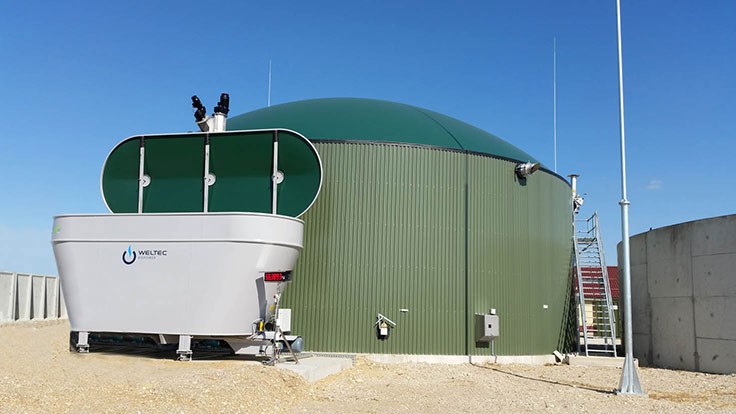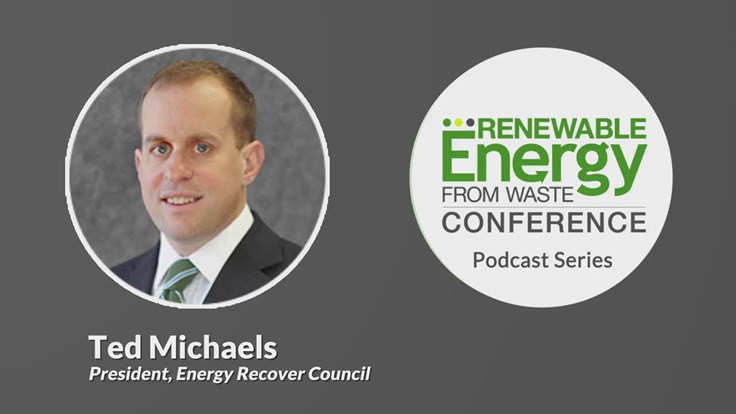A biogas plant of the Vechta, German-based plant manufacturer Weltec Biopower went live in Varazdin, northern Croatia. The 250-kilowaytt plant of the pig farmer Dalibor Vrcek suits the farm’s cycle of food production, liquid manure usage and energy production in the form of power, heat and fertilizer. The slurry from a newly erected pigsty with 130 sows and 2,800 porkers forms the basis for the energy production.
Even before joining the European Union (EU) in 2013, Croatia had committed itself to the EU climate protection goals in order to establish the preconditions for obtaining subsidies for decentralized energy projects in rural areas. With these grants and fixed feed-in tariffs for green power, the Croatian government intends to increase the share of renewable energy by about 30 percent by 2030.
Pig breeder Dalibor Vrcek‘s family-managed farm also was able to establish a synergy of animal husbandry and biogas generation. In addition to the subsidy for the construction, the operator was able to base his investment decision on a fixed feed-in tariff of $0.21 per kilowatt-hour of power fed in over the next 14 years. This income forms a solid basis for diversifying his business. “We expect a feed-in of 2 million kilowatt-hours per year. Thus, we have created a third solid pillar besides agriculture and feed production as well as pig fattening and direct marketing,” says Vrcek.
The farm’s infrastructure is suitable for the new business field. Before the pig slurry is pumped into the 1,716-cubic meter stainless-steel digester, it can be stored in an existing upstream slurry store. In view of the liquid manure share, a small 35-cubic meter input system is sufficient for transferring the solid substances, such as maize silage. The entire digestate is used as fertilizer on the farm’s fields, which amount to more than 471 acres.
The smart heat use of the 250-kilowatt combined heat and power (CHP) unit serves as an additional source of income, thereby contributing to the efficiency of the plant operation.
Tihomir Pajtak, who supervises the project on site as Weltec Biopower‘s sales partner, considers the development of the family operation as a trend-setting concept in Croatia, as the focus on biogas for heat and power production is on the rise throughout the country. “Currently, about 20 biomass and biogas plants with a total capacity of more than 21 megawatts are online—two figures that are bound to grow. Additional plants with a planned capacity of 67 megawatts have already been approved. The plant capacity is to be doubled within four years,” explains Pajtak.




